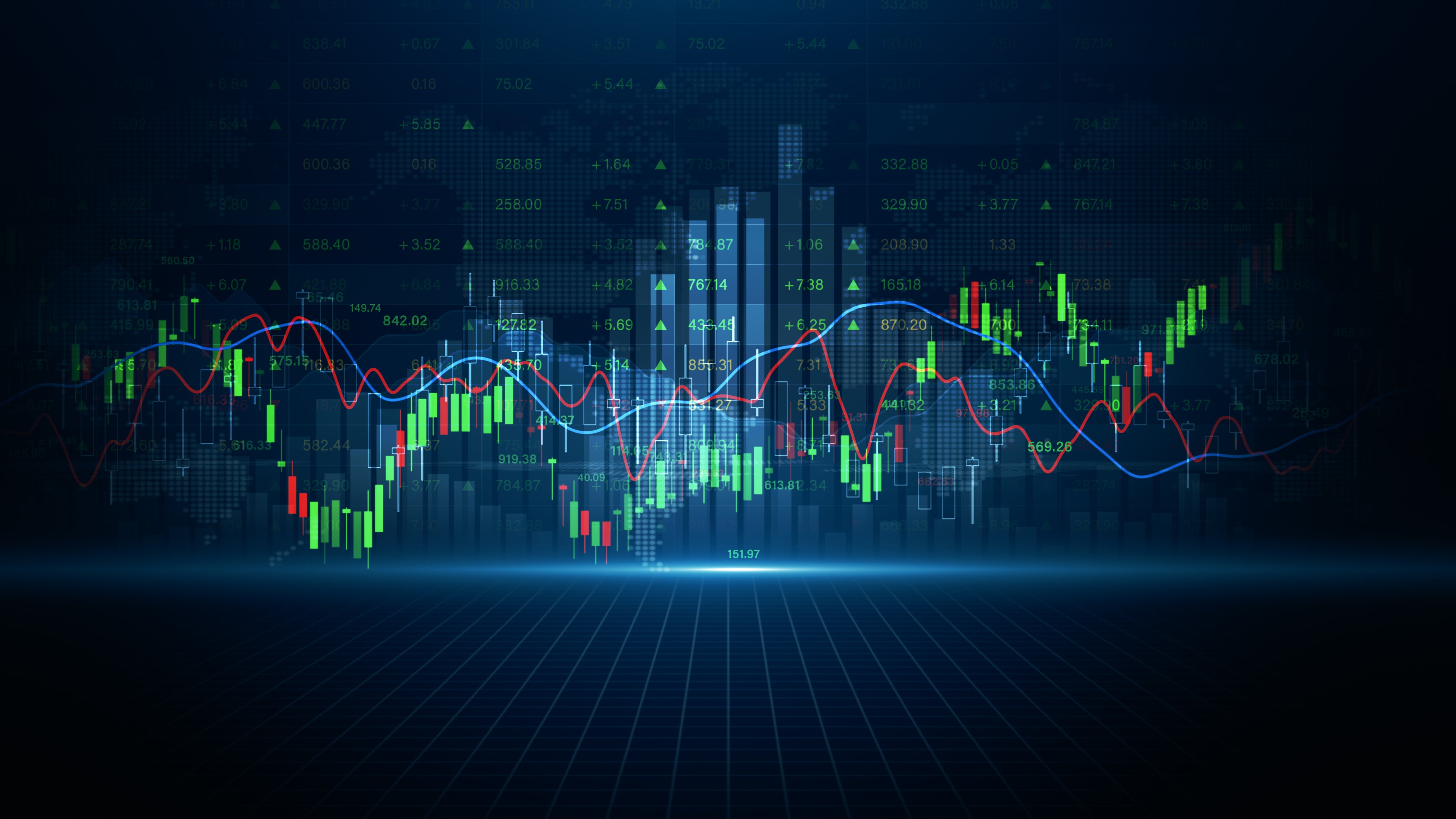The role of a "commodities trader" has become increasingly fluid, masking significant variations in required skills and competencies across different organisational models. While traditional roles were once clearly defined, today's reality is more complex, writes the Director of HC Talent Intelligence, Mimi Chahal. Read her editorial in HC Group's Annual Market Review 2024-25.
Explore HC Group's Annual Review 2024-25
Discover 350+ notable role changes by leading commodities professionals across the world and essential talent trends to watch in 2025.
Take two crude oil traders with identical job titles. At an energy major, success might require combining traditional physical trading expertise with financial structuring capabilities. Meanwhile, at a quantitative focused hedge fund, the emphasis may be entirely on statistical modelling skills and automated trading strategies, with physical market knowledge serving primarily as context.
New Trading Skills
Using talent data across 40 leading commodity trading organisations, HC Group’s Talent Intelligence team has uncovered significant patterns in the changing skill requirements of modern day traders. Quantitative capabilities are showing the strongest growth, with quantitative trading expertise increasing by 14%, closely followed by analytical skills at almost the same rate.
This reflects the industry's increasing reliance on data driven decision making and systematic trading approaches. Traditional trading competencies aren't being displaced: they're evolving. Financial economics (13.5% growth) and valuation skills (11.5% growth) remain crucial. Physical trading expertise is also gaining importance, evidenced by significant growth in freight forwarding (11.3%) and supply chain optimisation capabilities (9.2%).

Using talent data across 40 leading commodity trading organisations, HC Group’s Talent Intelligence team has uncovered significant patterns in the changing skill requirements of modern day traders.
Register for Our Global Energy Trading Compensation Report 2024/25
Register by February 28th for a 10% discount. Complete our compensation survey for a 20% discount. Release date: April 2025.
The TradeTech Revolution
The rise of algorithmic trading and artificial intelligence has automated many lower-value tasks that were once essential for building market knowledge. With AI now handling data collection and cleaning, traders no longer need to manually sift through information - allowing for quicker and more accurate insights. This technological shift has redefined the trader's role. While the ability to analyse markets remains important, the emphasis has shifted toward interpreting AI outputs and thinking strategically about market context, as well as adding a crucial human lens.
Organisational Culture and Success Factors
These differences extend beyond technical capabilities. Each organisation's trading approach is fundamentally shaped by its culture, risk appetite and purpose. A trading house seeking to maximise proprietary profits will have a markedly different view on market engagement than a major seeking to optimise its asset base or a bank focused on client flow business. Understanding an organisation's edge - whether that's superior market knowledge, stronger client relationships, better assets, or more sophisticated quantitative capabilities - is crucial. This edge often determines not just what type of trader will succeed, but how trading teams are structured and incentivised.
Included in our Global Energy Trading Compensation Report 2024/2025
- 200+ Trading Positions Analysed
- Global Coverage Across Key Regions
- Complete Energy Markets Coverage
- Latest Market Intelligence
For more information contact intelligence@hcgroup.global
The Future of Trading Talent
For talent acquisition, this complexity demands a sophisticated understanding of organisational nuances. A successful trader in one environment may struggle in another, not due to capability gaps, but because different organisations prioritise different aspects of this evolving skill set. Some demand Python programming and machine learning experience, while others prioritise expertise in physical operations and fundamentals. Even traders with the right technical skillset may struggle to adapt to different organisational approaches to risk, decision-making and performance measurement.
As the industry continues to evolve, the most successful traders will be those who can adapt to new technologies whilst maintaining strong fundamentals in traditional trading skills. The future belongs to those who can effectively combine human expertise with technological capabilities, all while maintaining the relationships and market understanding that have always been at the heart of successful trading.
Director, HC Talent Intelligence

